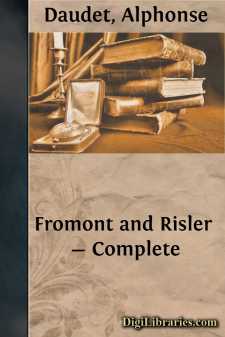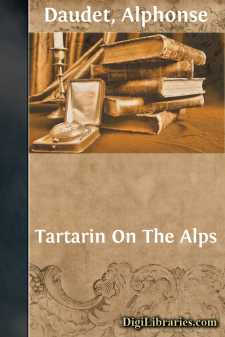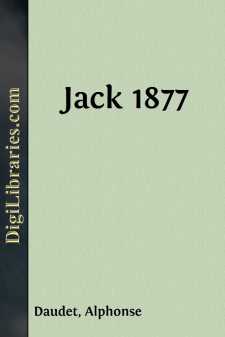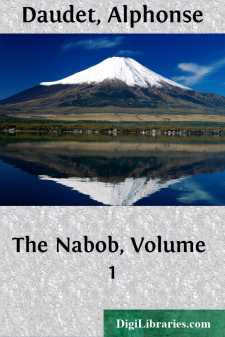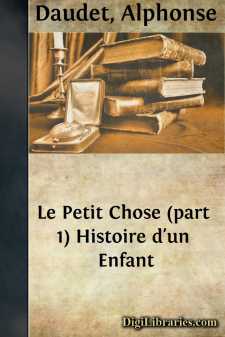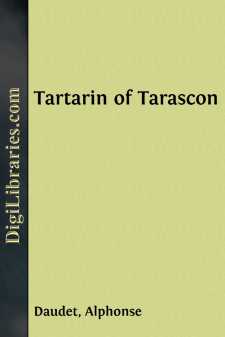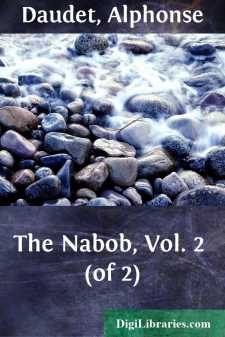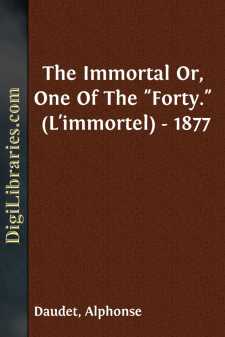Categories
- Antiques & Collectibles 13
- Architecture 36
- Art 48
- Bibles 22
- Biography & Autobiography 815
- Body, Mind & Spirit 144
- Business & Economics 28
- Children's Books 18
- Children's Fiction 14
- Computers 4
- Cooking 94
- Crafts & Hobbies 4
- Drama 346
- Education 58
- Family & Relationships 59
- Fiction 11834
- Games 19
- Gardening 17
- Health & Fitness 34
- History 1378
- House & Home 1
- Humor 147
- Juvenile Fiction 1873
- Juvenile Nonfiction 202
- Language Arts & Disciplines 89
- Law 16
- Literary Collections 686
- Literary Criticism 179
- Mathematics 13
- Medical 41
- Music 40
- Nature 179
- Non-Classifiable 1768
- Performing Arts 7
- Periodicals 1453
- Philosophy 65
- Photography 2
- Poetry 896
- Political Science 203
- Psychology 44
- Reference 154
- Religion 515
- Science 126
- Self-Help 85
- Social Science 82
- Sports & Recreation 34
- Study Aids 3
- Technology & Engineering 59
- Transportation 23
- Travel 463
- True Crime 29
Our website is made possible by displaying online advertisements to our visitors.
Please consider supporting us by disabling your ad blocker.
Fromont and Risler - Complete
by: Alphonse Daudet
Description:
Excerpt
ALPHONSE DAUDET
Nominally Daudet, with the Goncourts and Zola, formed a trio representing Naturalism in fiction. He adopted the watchwords of that school, and by private friendship, no less than by a common profession of faith, was one of them. But the students of the future, while recognizing an obvious affinity between the other two, may be puzzled to find Daudet's name conjoined with theirs.
Decidedly, Daudet belonged to the Realistic School. But, above all, he was an impressionist. All that can be observed—the individual picture, scene, character—Daudet will render with wonderful accuracy, and all his novels, especially those written after 1870, show an increasing firmness of touch, limpidity of style, and wise simplicity in the use of the sources of pathetic emotion, such as befit the cautious Naturalist. Daudet wrote stories, but he had to be listened to. Feverish as his method of writing was—true to his Southern character he took endless pains to write well, revising every manuscript three times over from beginning to end. He wrote from the very midst of the human comedy; and it is from this that he seems at times to have caught the bodily warmth and the taste of the tears and the very ring of the laughter of men and women. In the earlier novels, perhaps, the transitions from episode to episode or from scene to scene are often abrupt, suggesting the manner of the Goncourts. But to Zola he forms an instructive contrast, of the same school, but not of the same family. Zola is methodical, Daudet spontaneous. Zola works with documents, Daudet from the living fact. Zola is objective, Daudet with equal scope and fearlessness shows more personal feeling and hence more delicacy. And in style also Zola is vast, architectural; Daudet slight, rapid, subtle, lively, suggestive. And finally, in their philosophy of life, Zola may inspire a hate of vice and wrong, but Daudet wins a love for what is good and true.
Alphonse Daudet was born in Nimes, Provence, May 13, 1840. His father had been a well-to-do silk manufacturer, but, while Alphonse was still a child, lost his property. Poverty compelled the son to seek the wretched post of usher (pion) in a school at Alais. In November, 1857, he settled in Paris and joined his almost equally penniless brother Ernest. The autobiography, 'Le Petit Chose' (1868), gives graphic details about this period. His first years of literary life were those of an industrious Bohemian, with poetry for consolation and newspaper work for bread. He had secured a secretaryship with the Duc de Morny, President of the Corps Legislatif, and had won recognition for his short stories in the 'Figaro', when failing health compelled him to go to Algiers. Returning, he married toward that period a lady (Julia Allard, born 1847), whose literary talent comprehended, supplemented, and aided his own. After the death of the Duc de Morny (1865) he consecrated himself entirely to literature and published 'Lettres de mon Moulin' (1868), which also made his name favorably known....


